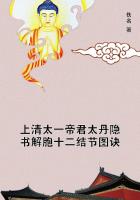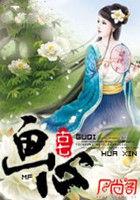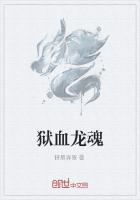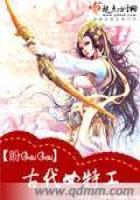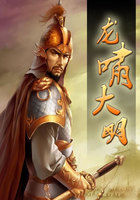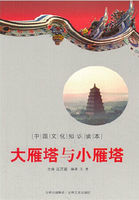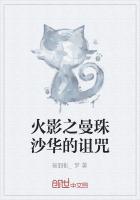Colonel Schaefer, of the Second Missouri Infantry, had been absent on sick-leave during the Kentucky campaign, but about this date he returned to duty, and by seniority fell in command of the second brigade. He was of German birth, having come from Baden, where, prior to 1848, he had been a non-commissioned officer in the service of his State. He took part as an insurgent in the so-called revolution which occurred at Baden in that year, and, compelled to emigrate on the suppression of the insurrection, made his way to this country and settled in St. Louis. Here the breaking out of the war found him, and through the personal interest which General Sigel took in him he was commissioned a colonel of volunteers. He had had a pretty fair education, a taste for the military profession, and was of tall and slender build, all of which gave him a student-like appearance. He was extremely excitable and nervous when anticipating a crisis, but always calmed down to cool deliberation when the critical moment came. With such a man I could not be less than well satisfied, although the officer whom he replaced--Colonel Laiboldt--had performed efficient service and shown much capacity in the recent campaign.
Colonel G. W. Roberts, of the Forty-Second Illinois Infantry, also came to me in the reorganization. He was an ideal soldier both in mind and body. He was young, tall, handsome, brave, and dashing, and possessed a balance-wheel of such good judgment that in his sphere of action no occasion could arise from which he would not reap the best results. But he too was destined to lay, down his life within a few days, and on the same fatal field. His brigade had been performing garrison duty in Nashville during the siege of that city while Buell's army was in Kentucky, but disliking the prospect of inactivity pending the operations opening before us, Roberts had requested and obtained a transfer to the army in the field. His brigade relieved Colonel Dan McCook's, the latter reluctantly joining the garrison at Nashville, every one in it disappointed and disgusted that the circumstances existing at this time should necessitate their relegation to the harassing and tantalizing duty of protecting our depots and line of supply.
I was fortunate in having such brigade commanders, and no less favored in the regimental and battery commanders. They all were not only patriots, but soldiers, and knowing that discipline must be one of the most potent factors in bringing to a successful termination, the mighty contest in which our nation was struggling for existence, they studied and practiced its methods ceaselessly, inspiring with the same spirit that pervaded themselves the loyal hearts of their subordinate officers and men. All worked unremittingly in the camp at Mill Creek in preparing for the storm, which now plainly indicated its speedy coming. Drills, parades, scouts, foraging expeditions, picket and guard duty, made up the course in this school of instruction, supplemented by frequent changes in the locations of the different brigades, so that the division could have opportunity to learn to break camp quickly and to move out promptly on the march.
Foraging expeditions were particularly beneficial in this respect, and when sent out, though absent sometimes for days, the men went without tents or knapsacks, equipped with only one blanket and their arms, ammunition, and rations, to teach them to shift for themselves with slender means in the event of necessity. The number of regimental and headquarters wagons was cut down to the lowest possible figure, and everything made compact by turning into the supply and ammunition trains of the division all surplus transportation, and restricting the personal baggage of officers to the fewest effects possible.
My own staff also was somewhat reorganized and increased at Mill Creek, and though it had been perfectly satisfactory before, yet, on account of the changes of troops that had occurred in the command, I found it necessary to replace valuable officers in some instances, and secure additional ones in others. The gathering of information about the enemy was also industriously pursued, and Card and his brothers were used constantly on expeditions within the Confederate lines, frequently visiting Murfreesboro', Sparta, Tullahoma, Shelbyville, and other points. What they learned was reported to army headquarters, often orally through me or personally communicated by Card himself, but much was forwarded in official letters, beginning with November 24, when I transmitted accurate information of the concentration of Bragg's main force at Tullahoma. Indeed, Card kept me so well posted as to every movement of the enemy, not only with reference to the troops in my immediate front, but also throughout his whole army, that General Rosecrans placed the most unreserved reliance on all his statements, and many times used them to check and correct the reports brought in by his own scouts.
Slight skirmishes took place frequently during this period, and now and then heavy demonstrations were made in the neighborhood of Nolensville by reconnoitring parties from both armies, but none of these ever grew into a battle. These affairs sprung from the desire of each side to feel his antagonist, and had little result beyond emphasizing the fact that behind each line of pickets lay a massed and powerful army busily preparing for the inevitable conflict and eager for its opening. So it wore on till the evening of December 25, 1862; then came the order to move forward.
General Rosecrans, in the reorganization of the army, had assigned Major-General A. McD. McCook to command the right wing, MajorGeneral George H. Thomas the centre, and Major-General T. L. Crittenden the left wing. McCook's wing was made up of three divisions, commanded in order of rank by Brigadier-General Jeff. C. Davis; Brigadier-General R. W. Johnson, and Brigadier-General P. H. Sheridan.

